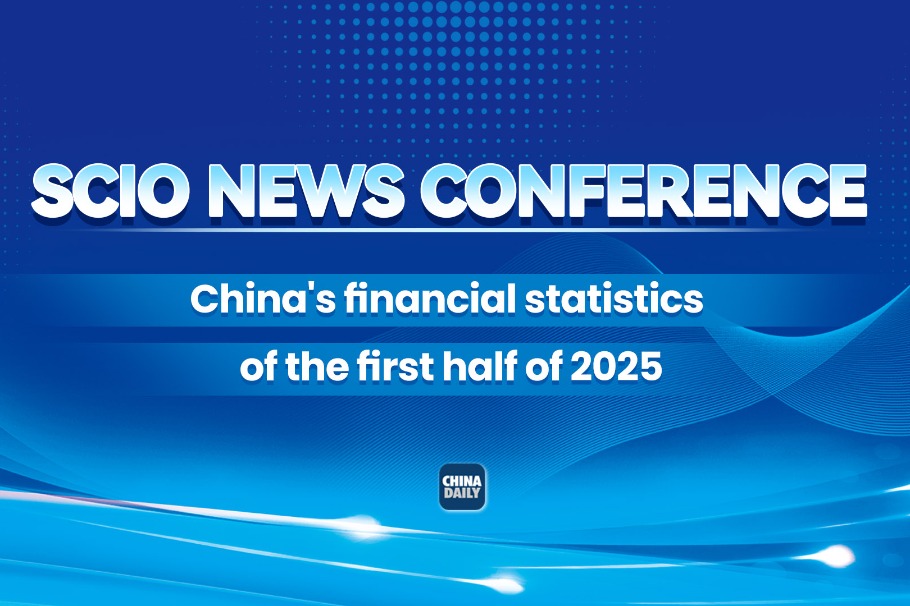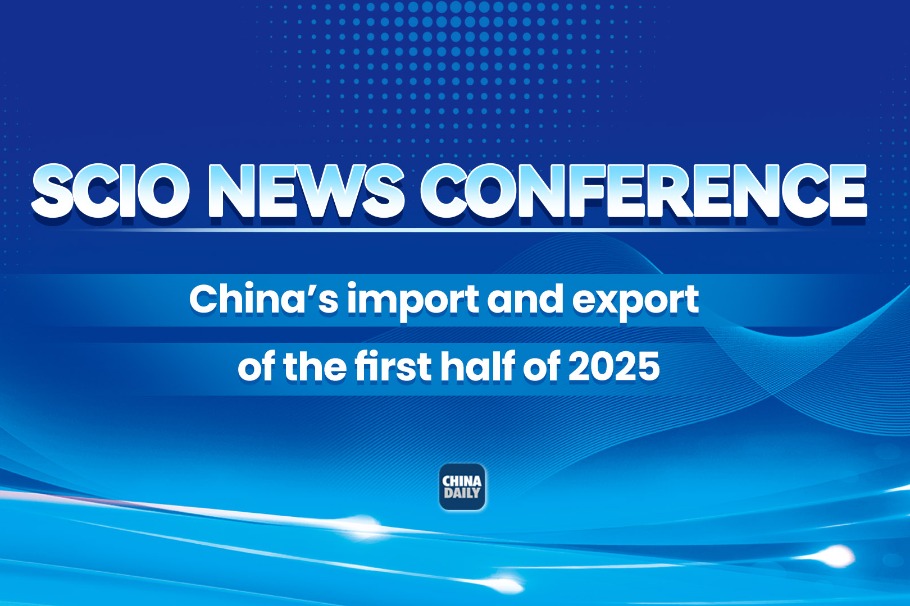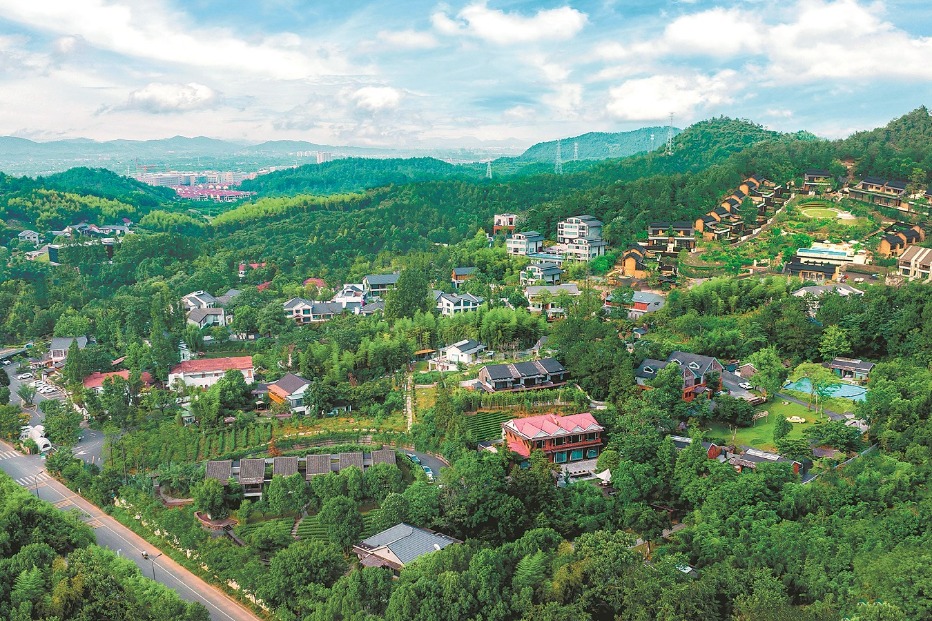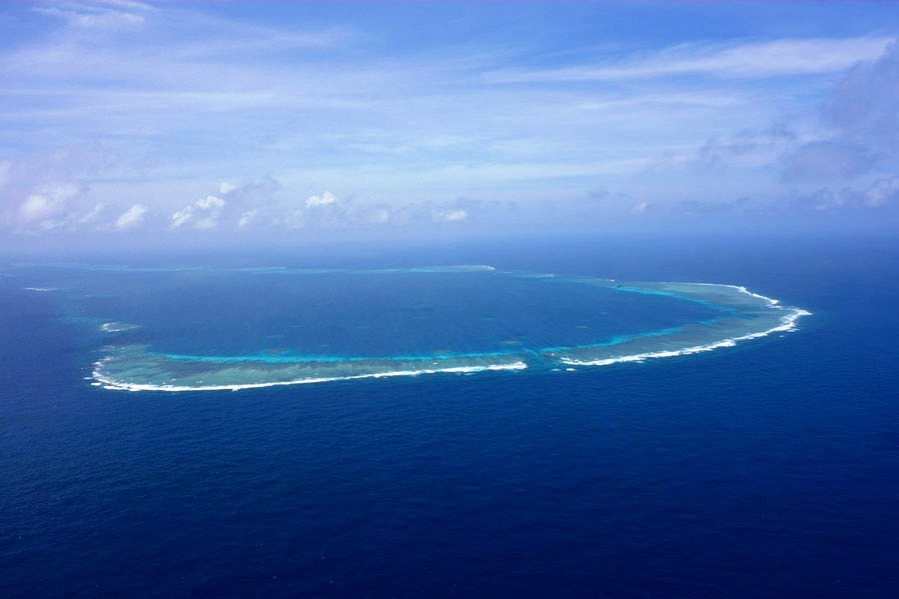Trump's tariffs threats against the Global South, ASEAN and the Philippines

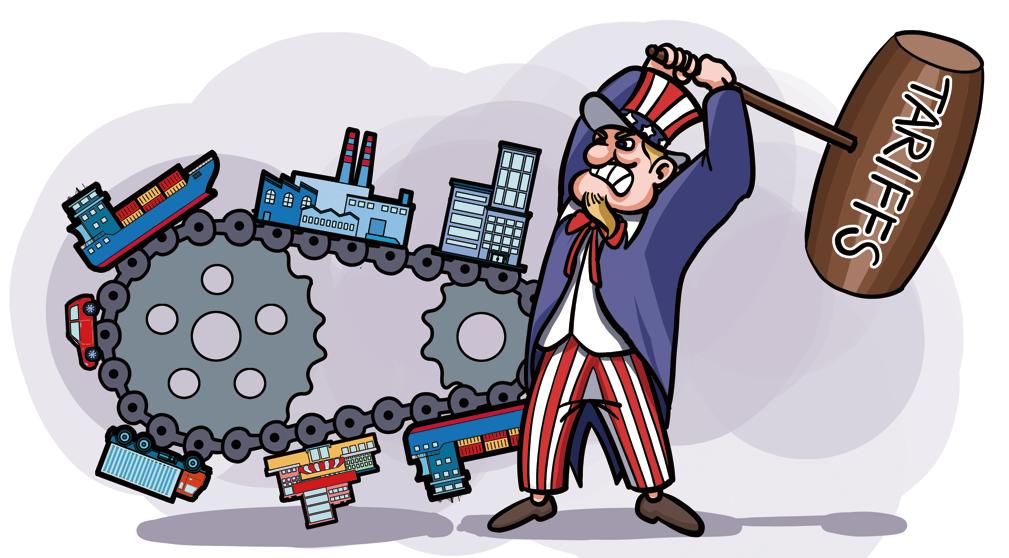
With its misguided tariff wars, the Trump administration is undermining global economic prospects and waging war against development in the Global South, particularly in Asia. The Philippines is no exception.
In early April, the Philippines responded with "guarded optimism" to US President Donald Trump's sweeping tariffs, saying higher rates placed on its neighbors could present an opportunity.
Hit with Trump's reciprocal levy of 17 percent, the Department of Trade and Industry (DTI) sought to re-frame it by stating that the "the new tariffs put the Philippines in a more advantageous position," as Trade Secretary Cristina Roque put it.
That illusion is now gone.
Downgraded Philippines expectations
A month later, the Philippines still expected to close a "favorable trade deal" with the US, the presidential palace said. By then, the expectations of the Philippine delegation had diminished. Now it hoped to bring down the US tariff rate on Philippine goods to zero. "We also have good relations with the US," Roque added, "so we're hoping that it would not be a problem for them to lower the tariff."
That was still another illusion.
Last week, the US promised to impose on the Philippines a 20 percent tariff rate on goods it exports to the US, starting on August 1; that's 2 percentage points higher than the original ones.
As Philippine analysts now acknowledge, the 20 percent tariff poses a threat to the export industry - particularly the electronics, garments and agricultural sectors that are heavily reliant on the US market - and could spill over into the broader economy if not addressed.
In one quarter then, the Philippine expectations have been downgraded from an illusion of an "advantageous trade position" to a "favorable deal" and eventually to "an export threat" – in regional terms, from an effort to sidestep ASEAN leverage to a plea of ASEAN unity.
Trump's war against development in the Global South
By imposing unilateral tariffs on imports from the US' trading partners, Trump will severely disrupt export-led growth, which has fueled global growth for years, and shatter the development aspirations of emerging and developing economies.
The first round of Trump tariffs built on traditional trade wars focusing mainly on Canada, Mexico and China. The second round began with "reciprocal tariffs", which actually are unilateral, flawed as stated and mistakenly calculated. Those tariffs were followed by a slate of retaliatory tariffs.
The net effect has been a stunning downgrading of economic prospects in the United States, its trading partners and the global economy. What is less understood is the likely long-term effect of Trump's unilateral tariffs, which is to undermine the rise of the Global South.
The US administration's original list of these tariff targets comprised almost 60 countries and regions. Except for the EU as a bloc and a few high-income countries, three of four of these targets represent emerging and developing economies; that is, the Global South, particularly in East and Southeast Asia. The Trump administration is at war against Asian economic development.
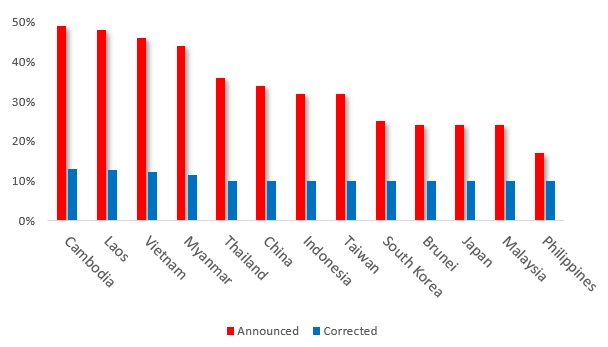
Source: Author, based on data by the White House
Undermining the BRICs and Asian Century
Since the late 20th century, most economies that have been able to industrialize and catch-up with the advanced economies of the West have done so on the back of export-led growth. It is what fueled the rise of the "Asian tigers" (China's Hong Kong and Taiwan, Singapore, the ROK), and their subsequent successors (Malaysia, Thailand, Vietnam, Indonesia). They have been followed by China – and today India and some Southeast Asian countries.
However, the Trump administration sees the economic rise of East and Southeast Asia as a win-lose ploy against America. Moreover, Trump tariffs build on geopolitical objectives: To restore American supremacy by any means possible. Hence, too, his attacks against the BRICS.
Last week, after Lula hosted the annual BRICS Summit, Trump warned that still another duty was on the way: "If they're a member of BRICS, they're going to have to pay a 10 percent tariff." Furthermore, President Trump warned Brazil that he plans to put a 50 percent tariff on "any and all Brazilian products sent into the United States," starting on August 1.
The threat had nothing to do with Brazilian exports. Trump seized the occasion to support Brazil's former far-right president who had pushed for a pro-US coup in Brazil, at the expense of and against Brazilian aspirations.
Overt and covert tariff talk outcomes
In the course of its tariff wars, Washington has played itself into a dark corner. It cannot decouple from China without major economic turmoil. But thanks to its tariffs, it cannot any longer benefit from China's affordable prices, which have long contributed to low inflation in America.
In the Philippines, the Marcos Jr government is also playing itself into a corner. While it seeks to benefit from development in China and ASEAN, it has aligned itself with the US military complex, which seeks to undermine both.
So, to induce the US to lower the tariffs, Manila can offer no economic schemes since the Trump administration has no use for them. It can only offer still greater geopolitical subservience, which will drag Manila closer to potential regional military conflicts. That translates to more sub-optimal growth and greater economic uncertainty in the Philippines, which will alienate those peaceful investors the country would like to attract.
Boldly, eagerly and blindly, Manila is stepping into a catch-22 landmine. So, after the anticipated Trump-Marcos meeting, we can expect some sort of official tariff understanding, which will be depicted as a win-win. Trump needs it in the US, just as Marcos needs it in the Philippines.
But cynics argue, one should also expect the behind-the-fa?ade clauses underscoring Manila's increased subservience in Washington's plans for the region.
Dr. Dan Steinbock is an internationally-renowned visionary of the multipolar world and the founder of Difference Group. He has served at the India, China and America Institute (USA), Shanghai Institutes for International Studies (China) and the EU Center (Singapore).
The original version was published by The Manila Times on July 14, 2025.
The views don't necessarily reflect those of China Daily.
If you have a specific expertise, or would like to share your thought about our stories, then send us your writings at opinion@chinadaily.com.cn, and comment@chinadaily.com.cn.

















